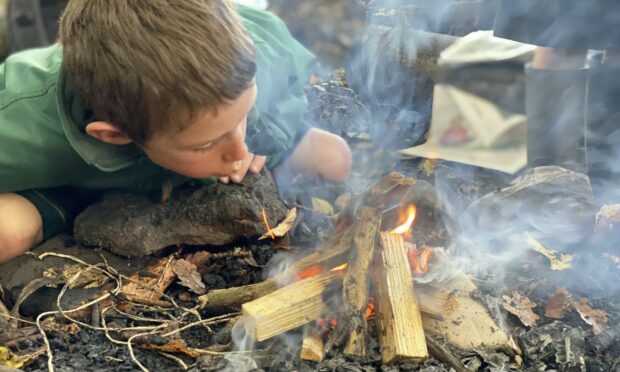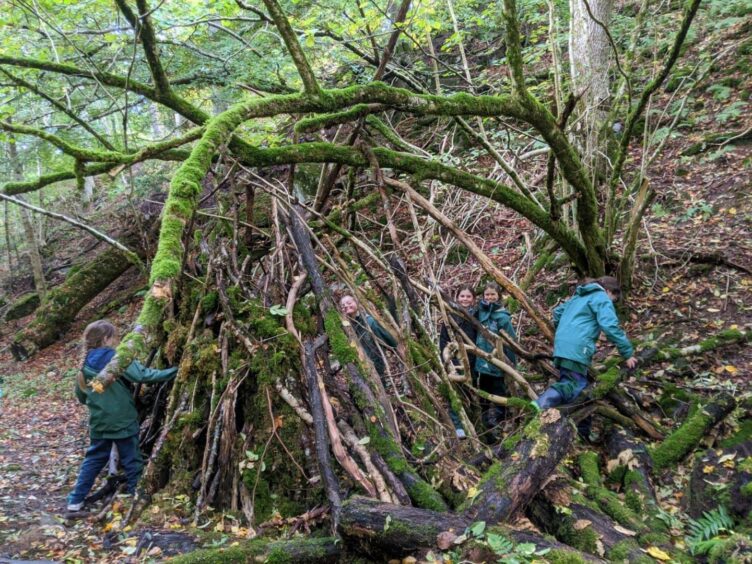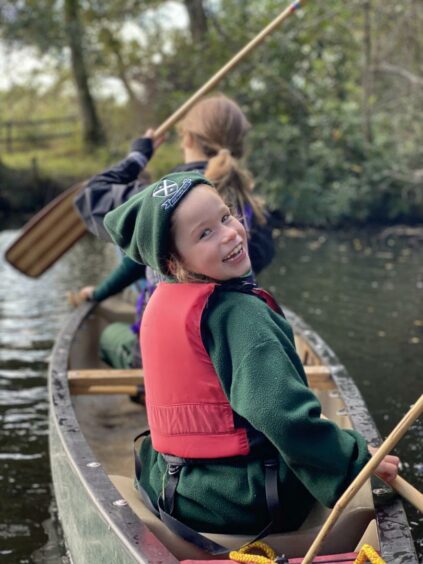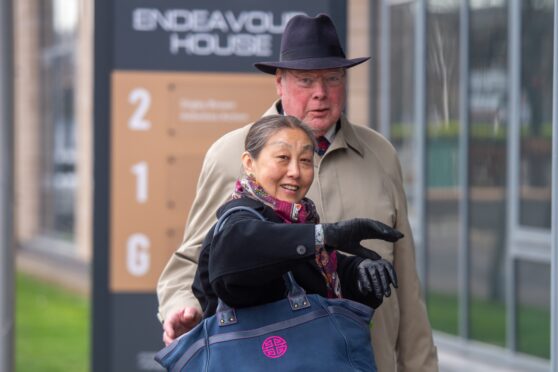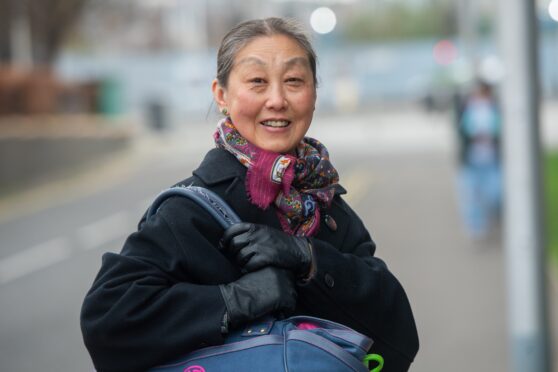As the bell rang hundreds of muddy, wellie-booted children emerged from the trees and streams – ready to take on their lessons.
That was Sarah Mannion’s first experience at Adrvreck School of how unstructured play could be key to helping pupils learn.
For children at the independent prep school based in Crieff, Perthshire, the daily schedule includes several play times to allow them time in nature, regardless of the weather.
They also have regular adventure days further afield, where exhilarating activities help nurture talents and capabilities outside the classroom.
Play not only allows children to enjoy their time at the school, for ages three to 13, but is an important part of their learning and development.
And teachers join in on the fun to give them a better understanding of the children they work with and any concerns they may have.
Sarah, the school’s head of pupil welfare, said: “We get to know the children much better because you can talk about things in a parallel way.
“Sometimes when you talk to children it is a bit like an interview where you ask questions and they answer.
“But when you’re playing and talking with them that is when you tend to get a revealing of the things that really worry the children and then you can begin to unpick it together.”
Sarah, who teaches the equivalent of P3, said it can be challenging to get to know the real concerns of pupils in a traditional classroom setting.
She said: “When we’re in the classroom we work very hard on our learning and there isn’t always a lot of time to spend with a child, getting to know them.
“You are trying to teach a maths or an English lesson and it is very busy. I find the less structured times that you spend with children is when you get to find out more about them and more about what bothers them or what they like.”
Every week one class – from nursery to form six (the equivalent of S1) – goes on what’s called Adventure Friday with their teacher.
Whether it is a canoeing trip or hiking up a Munro, it is on these trips that children truly excel, Sarah said.
They improve classroom learning and help pupils respect each other’s different abilities and talents.
She said: “Some of the children might find classroom learning really difficult but these are often the children that will shine and will be the person at the front of the group trudging up the Munro.
“They will be the person holding the map. They will be the person helping everybody else and being encouraging.
“They will begin to respect each other for their skillsets and that has a massive impact on their wellbeing.
“It is absolutely fantastic to hear staff come back from a trip and they are buzzing with excitement about what child just shone during the trip. It might be somebody they least expected to cope.”
And as the coronavirus pandemic is likely to have caused more anxiety in children who are anxious about being away from their family, the school has extended its outdoor learning programme to help children reclaim missed opportunities and cement bonds.
